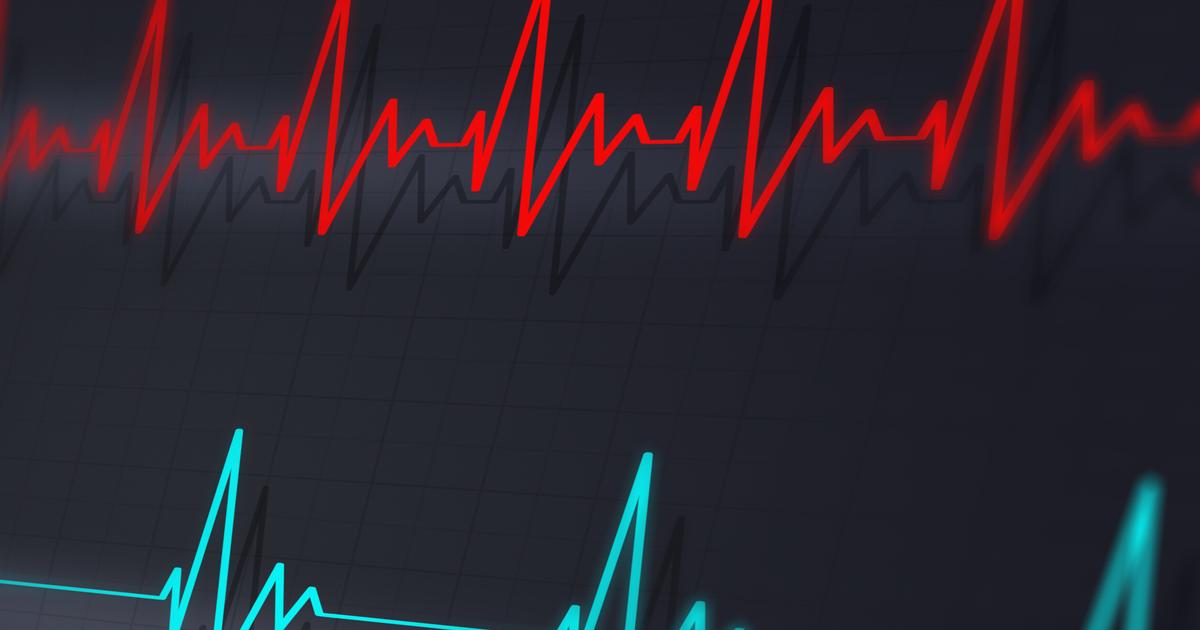Early Warning Signs Of Heart Failure
Irregular Heartbeat

Heart rhythm abnormalities are particularly common in individuals with congestive heart failure. The patient may feel as though their heart is pounding or racing, and fluttering sensations could occur as well. Some patients experience skipped heartbeats. If these symptoms occur, the patient should see their cardiologist as soon as possible. The cardiologist will check the patient's pulse in several locations, and they will listen to the patient's heartbeat with a stethoscope. An electrocardiogram may be performed, and some patients will need to have an echocardiogram. Doctors might ask the patient to wear a portable Holter monitor at home for a few days. The monitor records the electrical activity of the patient's heart. A tilt table test and a stress test might be recommended in certain cases. Medications can help control an irregular heartbeat, and doctors may advise patients to have an implantable cardioverter-defibrillator. Cardiac resynchronization therapy (biventricular pacing) could also be considered.
Ascites

Ascites is an abnormal accumulation of fluid in the abdomen, and it sometimes develops in patients with congestive heart failure. Ascites also triggers symptoms such as nausea, shortness of breath, heartburn, vomiting, and loss of appetite. Patients might notice swelling in their legs and ankles, and ascites could trigger a fever. Some patients with ascites may develop a hernia. To diagnose ascites, doctors will ask the patient questions about their symptoms. They will need to know when the patient first noticed the accumulation of fluid, and they will ask whether any abdominal pain is present. Doctors will also ask questions about changes in the patient's appetite, and they will need to know about all of the patient's current medications.
After completing the health history, the doctor will perform a physical exam. They will listen to the patient's heartbeat and breathing, and an abdominal examination will be performed. The doctor will place a stethoscope on the abdomen to check for bowel sounds, and they might gently tap on several parts of the abdomen. Gentle pressure will be applied to the abdomen to check for lumps, swelling, and pain. Blood tests, ultrasounds, and CT scans may be requested. If ascites is confirmed, doctors can remove the abdominal fluid with a procedure called paracentesis. This procedure also helps doctors determine the underlying cause of the ascites. Treatment for this condition often includes medications such as diuretics, and patients have to restrict their salt and liquid intake to prevent fluid from accumulating again.
